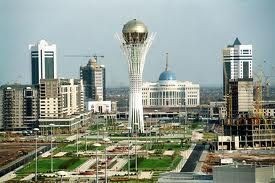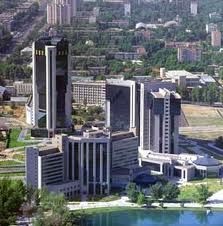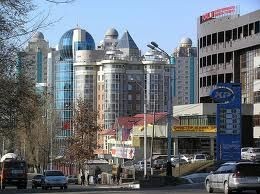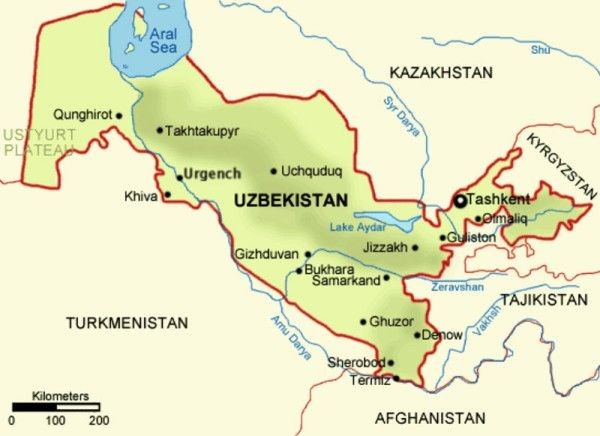TASHKENT (TCA) — Residents of three cities in Uzbekistan will benefit from improved municipal services and urban infrastructure, thanks to the Medium-Size Cities Integrated Urban Development Project, approved on December 18 by the World Bank’s Board of Executive Directors. The project will be supported by a $100 million loan from the International Bank for Reconstruction and Development (IBRD). “The World Bank is pleased to finance an urban project for the first time in Uzbekistan,” said Hideki Mori, World Bank Country Manager for Uzbekistan. “The project will help improve people’s living conditions in targeted medium-size cities in three regions of the country, and support the Government’s goal of regional development.” In Uzbekistan, medium-size cities, with populations of between 50,000 and 100,000 people, are the economic and services backbone of larger urban centers. Over 40 percent of the country’s urban population — 1.5 million people — are estimated to live in cities and towns with fewer than 100,000 inhabitants. This project aims to improve infrastructure, public spaces, and municipal services in medium-size cities, starting with Chartak, Kagan, and Yangiyul, which have a combined population of 165,000. It will strengthen the institutional capacity of central and local governments to manage assets, infrastructure, service delivery, urban mobility, sustainable tourism, and partnership with the private sector. Moreover, lessons learned during implementation of the project in these pilot cities will later help to develop the National Medium-Size Cities Program. The World Bank is financing 19 projects (totaling around $3.4 billion) in Uzbekistan to support the country’s economic and social development. These projects cover macroeconomic reforms, agriculture, water and sanitation, health, education, energy, transport, and regional development. The Medium-Size Cities Integrated Urban Development Project was prepared with a $410,000 grant from the Europe and Central Asia Regional Capacity Development Trust Fund, to support feasibility studies, a project investment plan, and bidding documents for the first year of the project’s implementation. The Energy Sector Management Assistance Program, the Korean Green Growth Trust Fund, and the Global Facility for Disaster Risk Reduction also supported project preparation.





